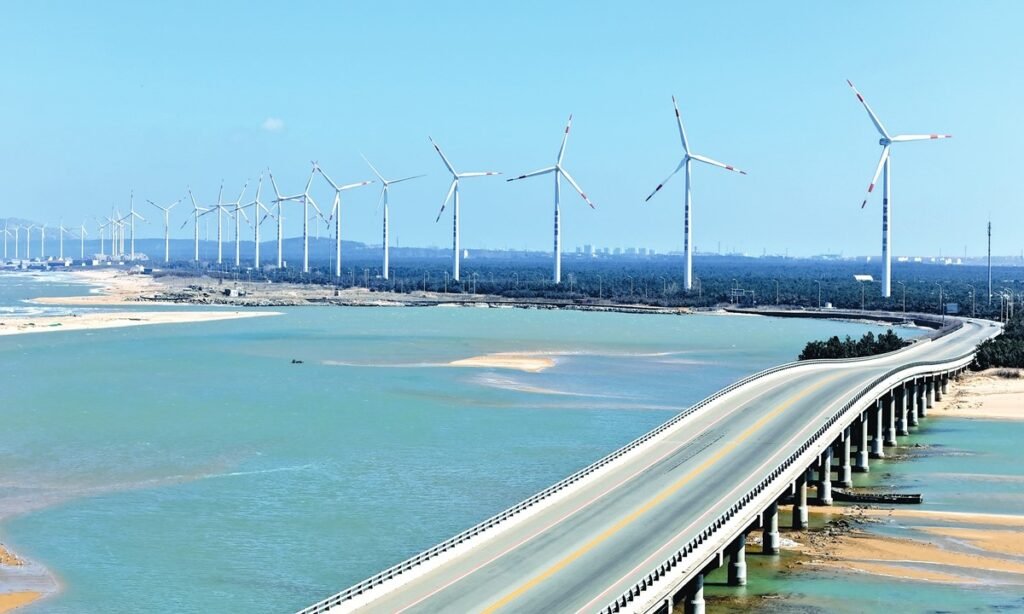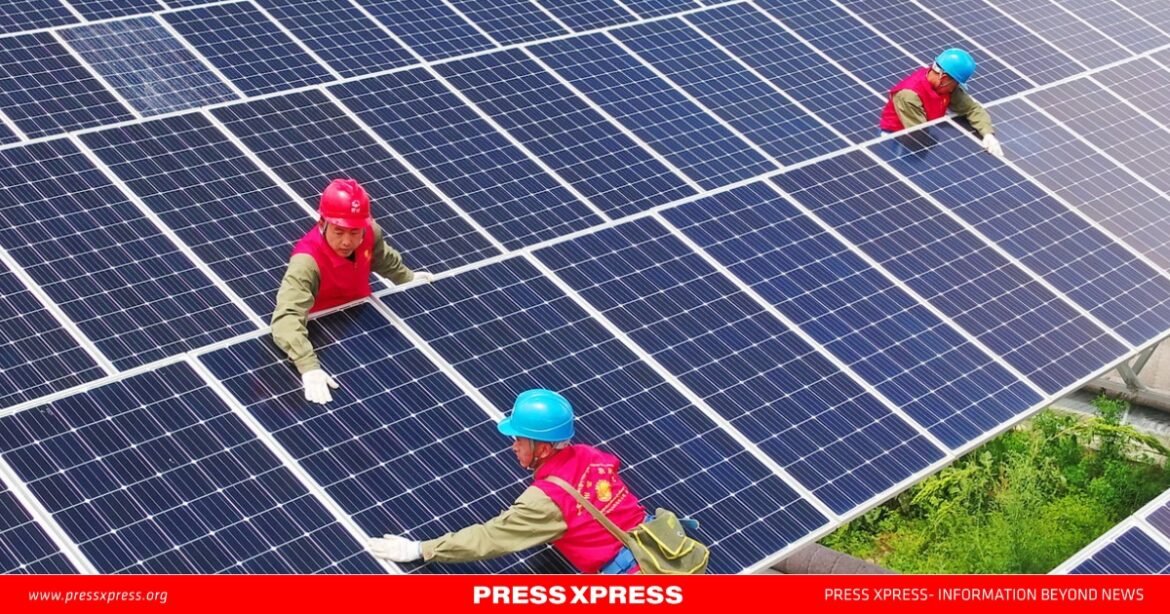Key Highlights:
- Integrated Energy Security Framework: China’s energy legislation focuses on reducing dependence on foreign imports by increasing domestic production and diversifying energy sources
- Focus on Sustainability: The law aligns with China’s dual carbon goals, emphasizing emission control, renewable energy development, and energy efficiency in both industries and households
- Centralized Governance and Dynamic Adaptability: Under the National Energy Administration, a unified regulatory framework ensures streamlined management with periodic updates
The Law on Energy of China, adopted in 2024, represents a milestone in the country’s pursuit of sustainable development and energy security. As the world’s largest energy consumer, formalizing energy policy demonstrates strategic intent to address issues like resource dependency, environmental sustainability, and geopolitical risks. This law not only establishes a comprehensive governance framework but also offers lessons for other nations aiming to enhance energy security in a changing world.
Energy Security from a Holistic Perspective

Photo: Global Times
China’s inaugural energy law prioritizes energy security, reflecting the nation’s reliance on stable and sustainable energy supplies. Mechanisms include boosting domestic production of coal, oil, and natural gas while accelerating renewable energy development (e.g., solar, wind, hydropower). By integrating traditional and clean energy resources, China aims to reduce foreign import dependence, especially for oil and gas.
Strategic energy reserves are a cornerstone of the law. Mandatory reserves for critical resources, coupled with an efficient emergency response system, act as a buffer against disruptions caused by geopolitical conflicts or market volatility, supporting national resilience.
Institutional and Regulatory Innovations
China’s energy law centralizes governance under a unified framework, addressing the previously fragmented oversight that hindered coordinated action. The National Energy Administration (NEA) is empowered to enforce compliance, set standards, and oversee implementation.
Periodic reviews and updates ensure alignment with evolving technology, environmental challenges, and market dynamics. This approach highlights China’s adaptability in the face of a rapidly changing energy landscape.
Promoting Green Transition and Sustainability
In line with its dual carbon goals—peaking emissions before 2030 and achieving neutrality by 2060—China integrates environmental sustainability as a core principle. The law enforces emission controls and incentivizes renewable energy technologies through subsidies for green projects, tax breaks for clean technology innovators, and penalties for high-carbon emitters.
Energy efficiency and conservation are prioritized, with industries mandated to adopt energy-saving practices and consumers encouraged to use efficient appliances. The government also commits to innovation in energy storage and smart grids, crucial for managing renewable energy’s intermittent nature.
Global Implications and Lessons
China’s energy law provides valuable lessons for nations addressing energy security challenges:
- The framework balances immediate supply concerns with long-term sustainability goals. For countries heavily reliant on energy imports, China’s strategy of diversification and strategic reserves offers a replicable model.
- Institutional reforms inspire nations with fragmented governance to adopt centralized, coordinated systems. Empowering a single entity to oversee policy and implementation ensures consistent, effective energy strategies.
- Importantly, integrating sustainability into energy security demonstrates that environmental and security goals can complement each other. With climate change a global challenge, such balance is imperative for all nations.
Challenges and Critiques
Despite its ambition, China’s energy law faces challenges. Transitioning from coal, the dominant energy source, to renewables requires substantial investment and time. Compliance across diverse industries and regions may encounter resistance, particularly from traditional energy stakeholders.
Critics highlight potential conflicts between economic growth and stringent energy policies. Balancing rapid industrialization with sustainable practices demands meticulous planning and effective implementation.
Conclusion
China’s first energy law underscores the nation’s commitment to energy security and sustainability. By addressing diverse aspects of energy management—from diversification and strategic reserves to green transition and regulatory reform—the law sets a benchmark for comprehensive governance.
In an era of escalating energy challenges, China’s approach offers a blueprint for harmonizing economic, environmental, and security imperatives. Other nations can learn from China’s experience to craft policies safeguarding national interests while advancing global sustainable development.


